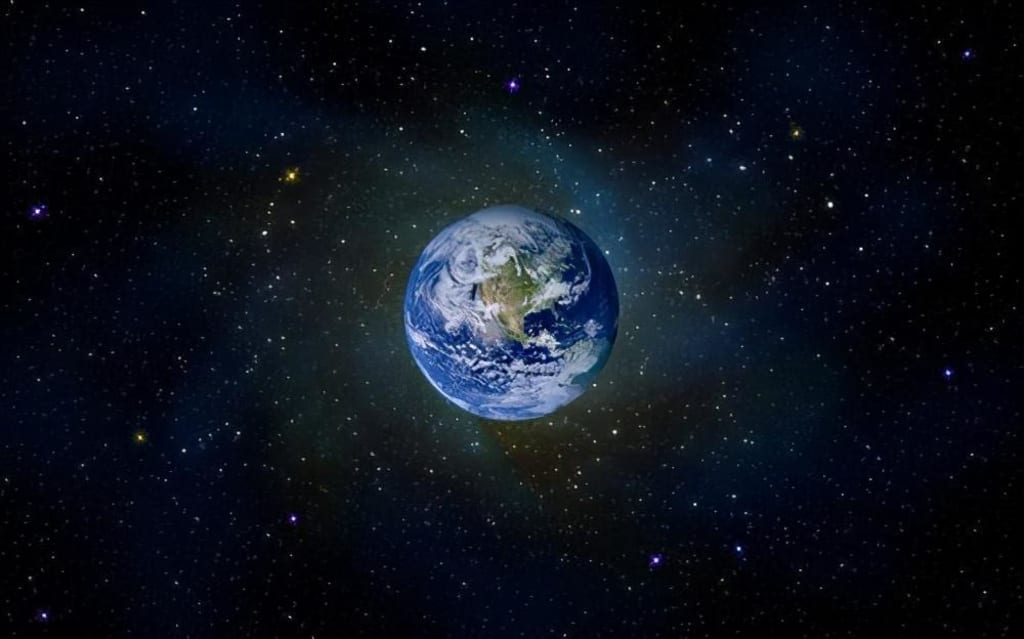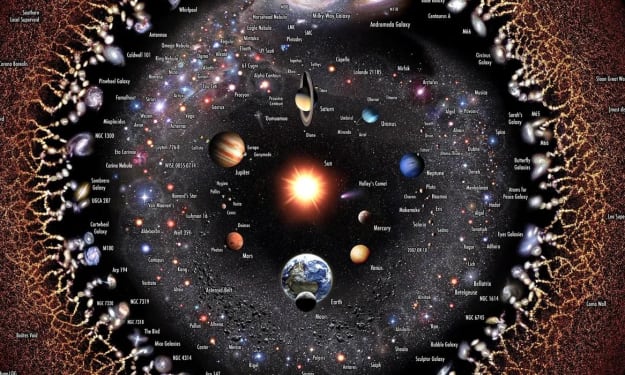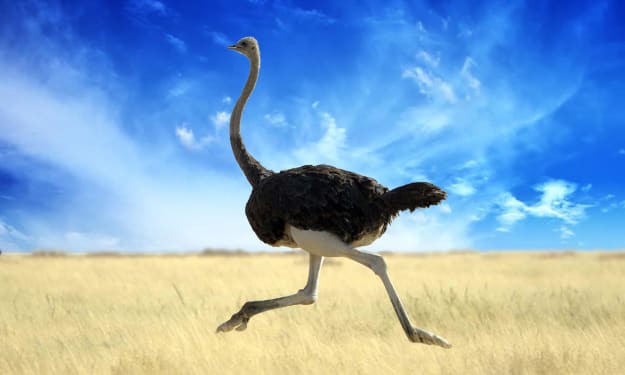
Everyday experience tells us that everything "falls down" because of gravity. However, if you look at our Earth from space, it seems that the Earth has been "floating" in space. It doesn't seem to be falling. Why is this so?
We need to analyze this problem from the following aspects.
First, is the Earth (or any other planet) really "suspended" in space?
Not too! Instead of being suspended in space, the Earth is literally "falling" all the time!
How to understand?
For example, an example that is so easy to understand that you can reproduce it in real life at any time.
Pick up a stone in the street and throw it forward. You will find that the stone will fly some distance, but it will always crash to the ground.
Of course, the stronger you are, the farther the rock will travel, but the rock will still fall to the ground.
Now let your mind fly for a thought experiment. Let's say you have infinite power, and as you throw a rock with more force, it will travel farther and farther.
You must have felt something next!
Yes, there is always a point of force at which the stone stops falling and becomes a "satellite" of the Earth, orbiting the Earth all the time.
But just because it doesn't fall, doesn't mean it doesn't have a tendency to fall, doesn't mean it's floating. In fact, the rock has been falling toward the Earth, or more generally, the rock has been in "free fall," but with a "horizontal" velocity.
What happens if your strength is just below the breaking point?
The rock will circle the earth and land on your heel (ideally, let's not be serious here!). Then you have a little more power and the stone will not fall to the ground.
This is also the vision of the famous "Newton's cannon". When the arc of the fall coincides with the arc of the Earth's sphere, the stone does not fall to the ground.
And isn't the earth just a giant "rock"?
Second, what we often call "falling down" is very limited and only applies to the surface of Earth (or any other planet), where we can define "up and down" quite well, but in the vastness of space, defining "up and down" is not so easy.
Or, in space, there is no "up and down", there is no concept of "up and down".
The Earth wants to fall down, but where is "down"?
In the end, the Earth would like to fall into the cosmic abyss, but where is the cosmic abyss? Or what is a "cosmic abyss"?
As said, the earth is indeed "downward", but this is still a local concept of "down", within the scope of the solar system, earth has indeed been falling toward the direction of the sun, but fallen arc is consistent with the sun's arc (of course is also an ideal, in fact, the earth trajectory is an ellipse), so will not fall on the surface of the sun.
To put it bluntly, the Earth is actually in free fall towards the sun, just as the space station is also in free fall towards the Earth, which is why the astronauts on the space station are completely weightless. Of course free fall is weightless!
Physically speaking, the Earth is actually moving along a "geodesic" of space-time.
What is a geodesic?
Similar to "the shortest line between two points on a plane", the "geodesic" of spacetime is the shortest distance between spacetime.
And general relativity tells us that space-time isn't flat, it's curved, and the essence of gravity is that space-time is curved. Celestial bodies move geodesically along curved space-time.
There is a phrase to describe, is "space-time tells objects how to move, objects tell space-time how to bend"!
A massive object (especially a large object) can bend space-time, and then the object moves along the curved space-time structure.
One might wonder: In which direction does space-time curve?
Not up, not down, but curved toward the object's center of mass, as in the image below. Moving objects bend the space-time around them.
Of course, one might wonder: the Earth is falling toward the sun, the sun is falling toward the center of the galaxy, and where is the galaxy falling toward? ...
Follow this up and the question becomes: Why isn't our universe falling?
Philosophically, the idea that any question, once pursued, has no answer and leads to a dead end. Science is also part of philosophy.
Of course, it is not to say not to ask, science is a step by step to uncover the mystery of the universe and nature, now the human understanding of the universe is not even a drop in the ocean, perhaps there is a deeper mystery hidden behind the need for our human efforts too much!





Comments
There are no comments for this story
Be the first to respond and start the conversation.